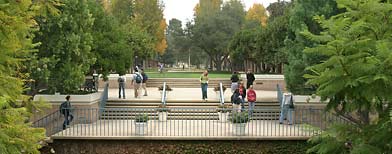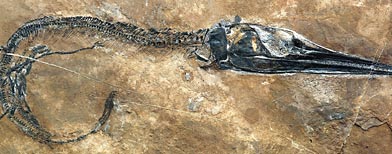The Daily Drift
Today's horoscope says:Want to see an immediate difference in your work, your home life or a relationship?
Stop putting something off.
You've been meaning to do that extra project at the office, or fix that drippy faucet, or talk to 'em about the way you feel -- why keep postponing?
Even if it's only a small-scale action you take, it'll have a ripple effect in terms of new ideas and bigger, more meaningful positive change.
Some of our readers today have been in:
Santander, Cantabria, Spain
Perth, Western Australia, Australia
Melbourne, Victoria, Australia
Montreal, Quebec, Canada
Bankok, Krung Thep, Thailand
Surabaya, Jawa Timur, Indonesia
Paris, Ile-De-France, France
Annecy, Rhone-Alpes, France
Petaling Jaya, Selangor, Malaysia
Cairo, Al Qahirah, Egypt
Sorel, Quebec, Canada
New Delhi, Delhi, India
Sittard, Limburg, Netherlands
London, England, United Kingdom
as well as Bulgaria, Israel, Finland, Austria, Norway, Georgia, Mexico, Peru, Kuwait, Serbia, Bangladesh, Latvia, Greece, Scotland, Hong Kong, Denmark, Wales, Iran, Singapore, Poland, Taiwan, Sweden, Afghanistan, Belgium, Tibet, Croatia, Pakistan, Romania, Paraguay, Sweden, Vietnam, Argentina, Cambodia, Egypt, France, Estonia, Puerto Rico, Brazil, New Zealand, United Arab Emirates, Slovenia, China, Iraq, Ecuador, Nigeria, Colombia, Chile, Honduras, Paupa New Guinea, Moldova, Venezuela, Germany, Mexico, Saudi Arabia, Ireland, New Zealand, Czech Republic and in cities across the United States such as Travelers Rest, Palo Alto, Mays Landing, New Orleans and more.
Today is:
Today is Wednesday, December 22, the 356th day of 2010.
There are 9 days left in the year.
Today's unusual holiday or celebration is:
There isn't one.
Don't forget to visit our sister blog!














 When Mimi Ash arrived at her mountain chalet here for a weekend ski trip, she discovered that someone had broken into the home and changed the locks. When she finally got into the house, it was empty. All of her possessions were gone: furniture, her son's ski medals, winter clothes and family photos. Also missing was a wooden box, its top inscribed with the words "Together Forever," that contained the ashes of her late husband, Robert.
When Mimi Ash arrived at her mountain chalet here for a weekend ski trip, she discovered that someone had broken into the home and changed the locks. When she finally got into the house, it was empty. All of her possessions were gone: furniture, her son's ski medals, winter clothes and family photos. Also missing was a wooden box, its top inscribed with the words "Together Forever," that contained the ashes of her late husband, Robert. 








 In 1989, a shipwreck from about 130 B.C. was discovered. Divers retrieved dishes and other artifacts. One surprising discovery was a chest of vials and containers with tablets in them, some still dry! Evolutionary geneticist Robert Fleischer said they were made of compressed vegetation.
In 1989, a shipwreck from about 130 B.C. was discovered. Divers retrieved dishes and other artifacts. One surprising discovery was a chest of vials and containers with tablets in them, some still dry! Evolutionary geneticist Robert Fleischer said they were made of compressed vegetation.











 An article at The Wall Street Journal discusses the growing trend of physicians having dogs in their offices to interact with patients.
An article at The Wall Street Journal discusses the growing trend of physicians having dogs in their offices to interact with patients. Pictured: Courtenay-Latimer's sketch of the first, oddly cheerful, Coelacanth. Put it another way: Imagine if you were an alien who only knew of Earth primates from the fossil record. You'd seen the bones of Australopithecus, but you thought primates had gone extinct—until the day you stumbled upon a living chimpanzee. That's the story of the Coelacanth, in a nutshell.
Pictured: Courtenay-Latimer's sketch of the first, oddly cheerful, Coelacanth. Put it another way: Imagine if you were an alien who only knew of Earth primates from the fossil record. You'd seen the bones of Australopithecus, but you thought primates had gone extinct—until the day you stumbled upon a living chimpanzee. That's the story of the Coelacanth, in a nutshell.

